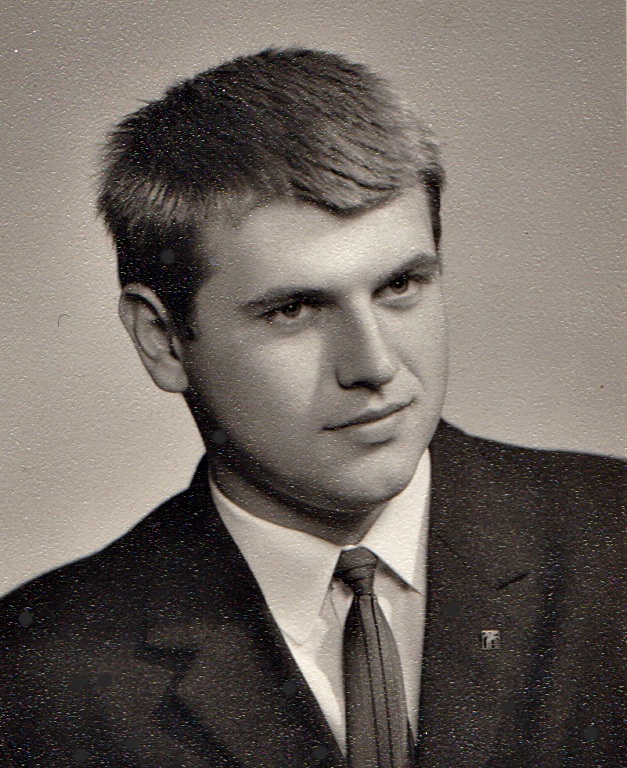The end of literary hopes

Stáhnout obrázek
Martin Hekele was born on November 21, 1947 in Olomouc as the only child to his parents František and Žofia. He studied economics at SZTŠ Mohelnice and made a living as a zootechnician and standardizer in a unified agricultural cooperative, and after the fall of communism he worked for 18 years in various positions at the labor office as a civil servant. His mother Žofie Hekelová was a promising writer at the time. In 1944, her novel Aigen was published. This balladic, psychological story was warmly received by the readership and professional critics. Four years later, she published another novel, Ordinary Girl. However, in 1951, Žofie Hekelová resigned from the Communist Party in protest against the unjust imprisonment of the literary friend the poet Václav Renč. This was followed by persecution at work and, in essence, the impossibility of further literary activity. For political reasons, no one wanted to publish her other works. In 2020, on the occasion of Žofie Hekel‘s late hundredth birthday, a collection was published, which commemorates her literary work and life destinies. Martin Hekele also collaborated on the publication. His current effort is to commemorate the work of the almost forgotten writer and the re-publication of the novel Aigen.







